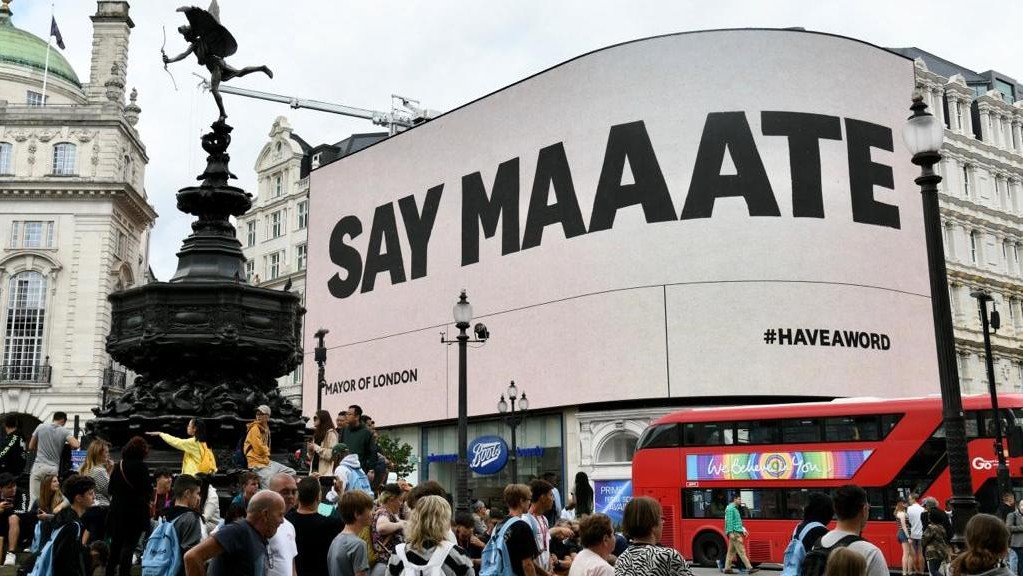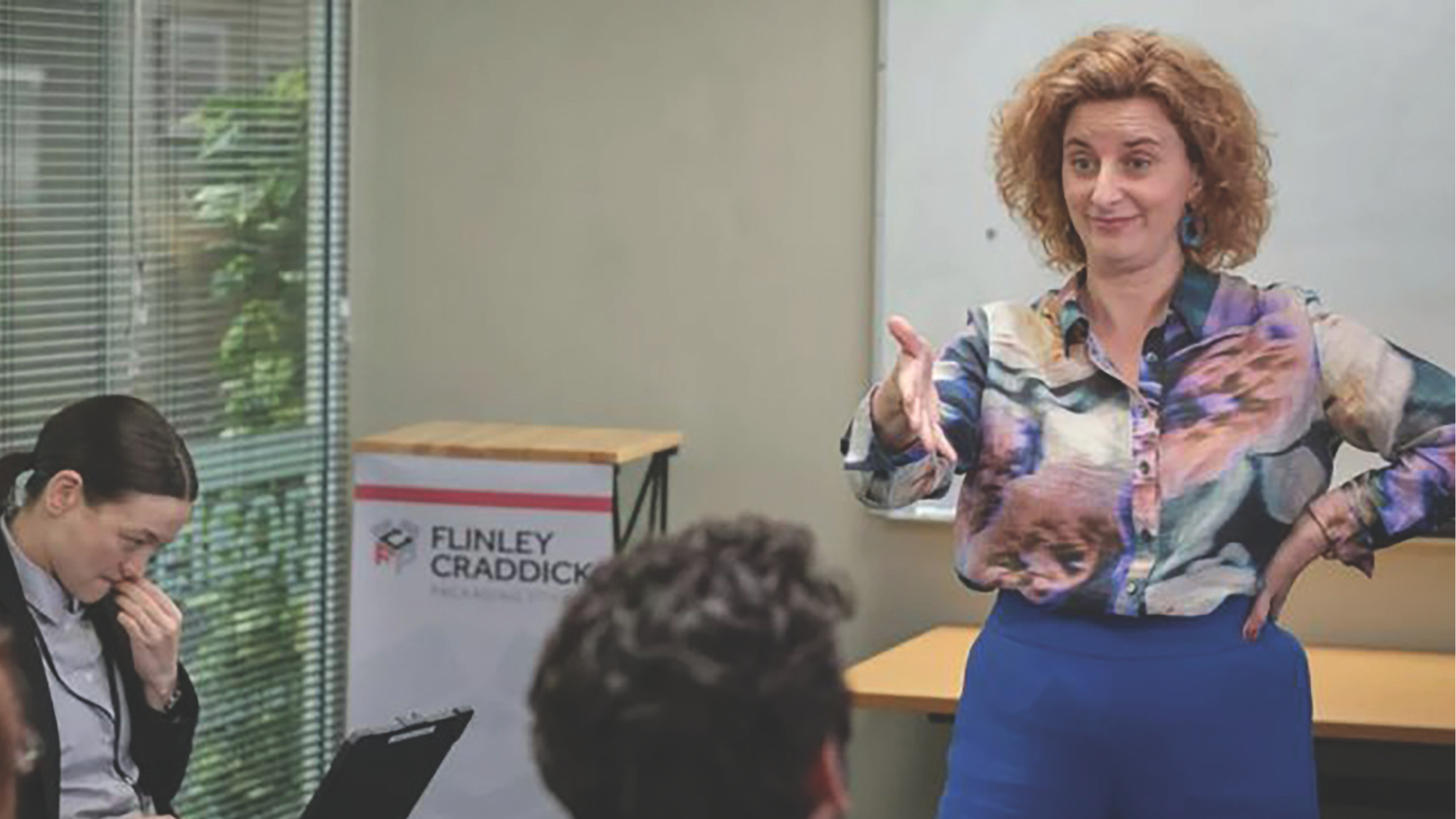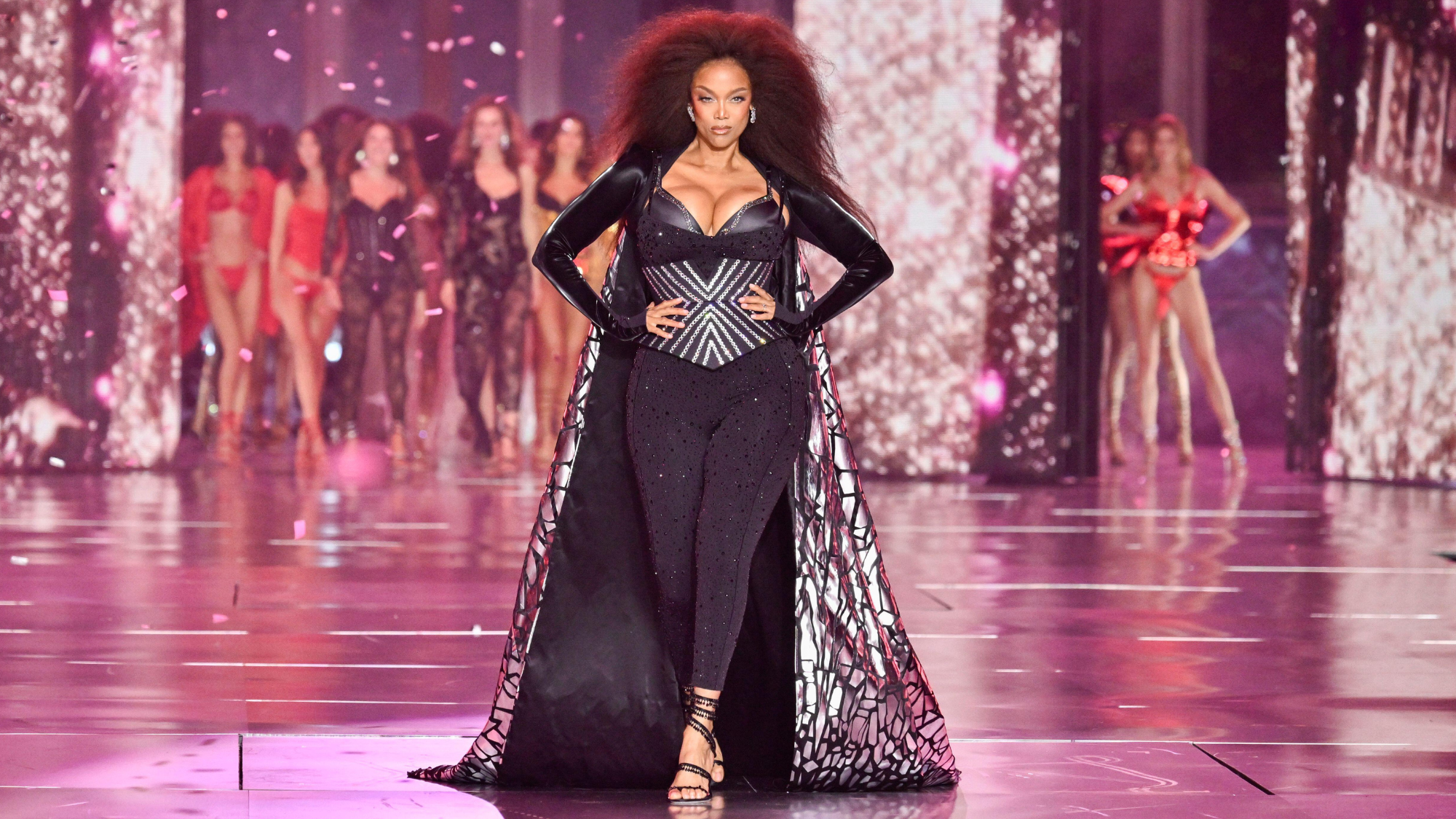The ‘say maaate’ anti-sexism campaign: a case of right target, wrong action?
Mayor of London initiative aiming to tackle sexism in public has been criticised for being ‘patronising’

A free daily email with the biggest news stories of the day – and the best features from TheWeek.com
You are now subscribed
Your newsletter sign-up was successful
The Mayor of London’s new campaign to tackle misogyny has been widely derided as a PR stunt that will do nothing to address the serious dangers faced by women in the capital.
A follow-up to Sadiq Khan’s #HaveAWord campaign, aimed at tackling “problematic behaviour” among men, the “Say maaate to a mate” initiative aims to stamp out sexism in public spaces by encouraging men to call out their male friends if they use misogynistic language or if they see them harassing or intimidating women.

‘Simple and effective intervention’
“Now we’re giving them the word to say,” Khan said. “‘Maaate’ is a simple and effective intervention that can help stop problematic language and behaviour”.
The Week
Escape your echo chamber. Get the facts behind the news, plus analysis from multiple perspectives.

Sign up for The Week's Free Newsletters
From our morning news briefing to a weekly Good News Newsletter, get the best of The Week delivered directly to your inbox.
From our morning news briefing to a weekly Good News Newsletter, get the best of The Week delivered directly to your inbox.
Research conducted by Ogilvy, the PR firm behind the campaign, found that two in three men want to step in when hearing sexist language but do not know what to say, and that this was a barrier to them taking action. It also found one in four men in London aged 19 to 34 regret not calling out a friend or family member for being misogynistic.
By using “expert behavioural science research”, a City Hall spokesperson said “the mayor is determined to help break the cycle of violence, condemnation and inaction.”
“I welcome it”, wrote Nimco Ali in the The Evening Standard. The government’s independent adviser on tackling violence against women and girls until last year, Ali said the “evidence-led” campaign “should not be knocked”.
“Encouraging men to call out their friends is something we need to do. I know there are countless spaces that are for men and boys only. If, in those spaces, there are now conversations about acceptable behaviour towards women and girls, that is a step forward,” she argued.
A free daily email with the biggest news stories of the day – and the best features from TheWeek.com
‘The real problem is way bigger’
But speaking to The Times, Joan Smith, the author of “Misogynies”, who sat on the mayor’s board on violence against women and girls, described the campaign as “patronising, totally inadequate and a waste of public money”. Karen Whybro, a women’s safety consultant, said research had shown that getting messaging about misogyny wrong could have “significant negative consequences” and similar campaigns had failed to achieve any change.
While the advertising blitz has got “short shrift from some old-style feminists” said Melanie McDonagh in The Evening Standard, the “obvious riposte to the campaign is that the real problem for women in London is way bigger”.
It “curiously forgoes any understanding of the context in which women face the most serious instances of violence” agreed UnHerd, citing the fact that 52% of women killed in the UK in 2020 died at the hands of a current or former partner. “Then there is the institutional failure to make women feel safe on the streets of London” said the news site, with an average of 653 days between reporting an assault and the trial end in London.
For McDonagh, the main problem is that the campaign is based around sexist language.
“We risk making normal human exchange quasi-criminal,” she said. “Who’s the judge of whether a remark is off-colour? The object of it, of course. Yet what one woman shrugs off, another might get terrifically worked up about. A rape threat is one thing, a builder telling you to ‘cheer up, love; it might never happen’, is another. But the chilling effect of the crackdown on sexist talk risks killing off any exchanges at all.”
-
 Switzerland could vote to cap its population
Switzerland could vote to cap its populationUnder the Radar Swiss People’s Party proposes referendum on radical anti-immigration measure to limit residents to 10 million
-
 Political cartoons for February 15
Political cartoons for February 15Cartoons Sunday's political cartoons include political ventriloquism, Europe in the middle, and more
-
 The broken water companies failing England and Wales
The broken water companies failing England and WalesExplainer With rising bills, deteriorating river health and a lack of investment, regulators face an uphill battle to stabilise the industry
-
 Disney bets big on AI, but not everyone sees a winner
Disney bets big on AI, but not everyone sees a winnerTalking Points The company will allow users to create their own AI content on Disney+
-
 Spotify Wrapped: a slave to the algorithm?
Spotify Wrapped: a slave to the algorithm?Talking Point Some listeners aren't convinced by the streaming platform's AI features – or what they say about their music habits
-
 Layla: Amrou Al-Kadhi's queer love story splits critics
Layla: Amrou Al-Kadhi's queer love story splits criticsTalking Point Bilal Hasna gives a 'winning performance' in starring role – but the romance feels 'bland'
-
 Dr. Strangelove: is stage adaptation of iconic film a 'foolish' move?
Dr. Strangelove: is stage adaptation of iconic film a 'foolish' move?Talking Point Steve Coogan puts on a dazzling performance in show that falls short of 'the real thing'
-
 Paddington in Peru disappoints critics
Paddington in Peru disappoints criticsTalking Point Keenly anticipated threequel sees the beloved bear swap London for South America
-
 Is The Office Australia a reboot too far?
Is The Office Australia a reboot too far?Talking Point The latest version of Ricky Gervais and Stephen Merchant's mockumentary feels like 'a bad case of déjà vu'
-
 Can the revamped Victoria's Secret Fashion Show survive?
Can the revamped Victoria's Secret Fashion Show survive?Talking Point The controversial event has returned to New York City following a six-year hiatus
-
 Why has Joker: Folie à Deux divided critics?
Why has Joker: Folie à Deux divided critics?Talking Point The sequel to Joker is 'staggeringly inept' in its attempts to explore mental health issues – but Lady Gaga is 'magnetic'